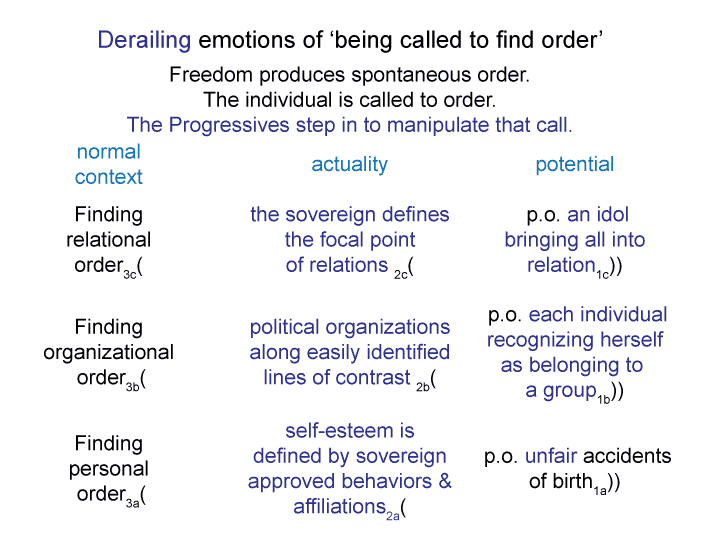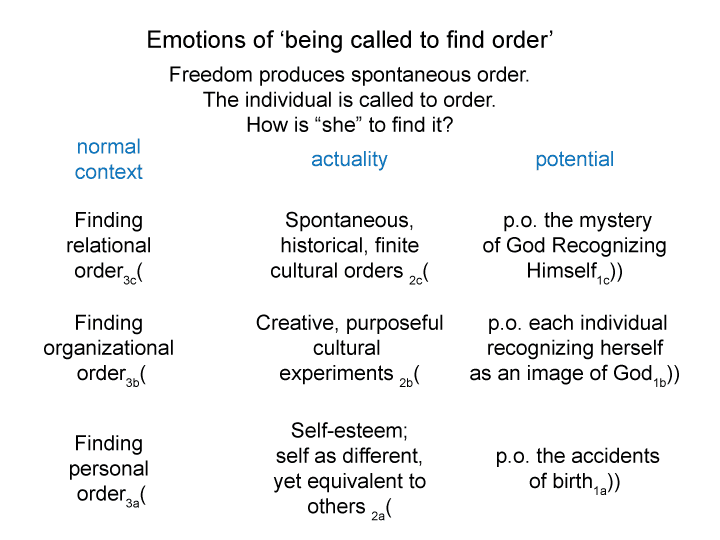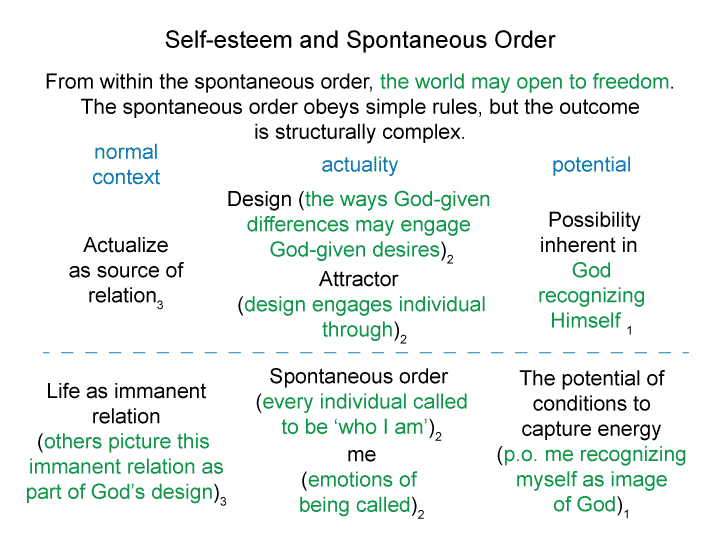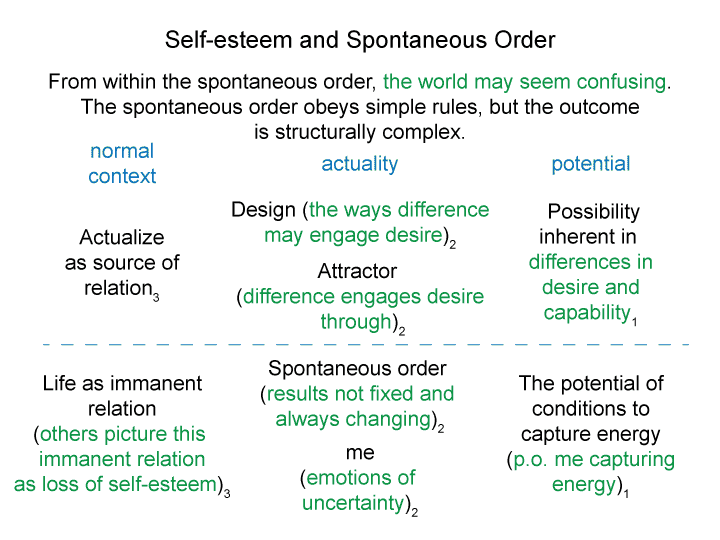Man and Sin by Piet Schoonenberg (1964) 2.1CT-2
[Look at the virtual nested in the realm of actuality2.
‘The Progressive power person2c’ brings ‘easily identified lines of contrast2b’ into relation with ‘the potential of personal self-esteem2a’.
This is precisely why the conservative person of African descent must be dismissed by America’s Progressive so-called mainstream media. That person does not fit ‘the way that the sovereign brings people into organization along easily identified lines of contrast’.]




